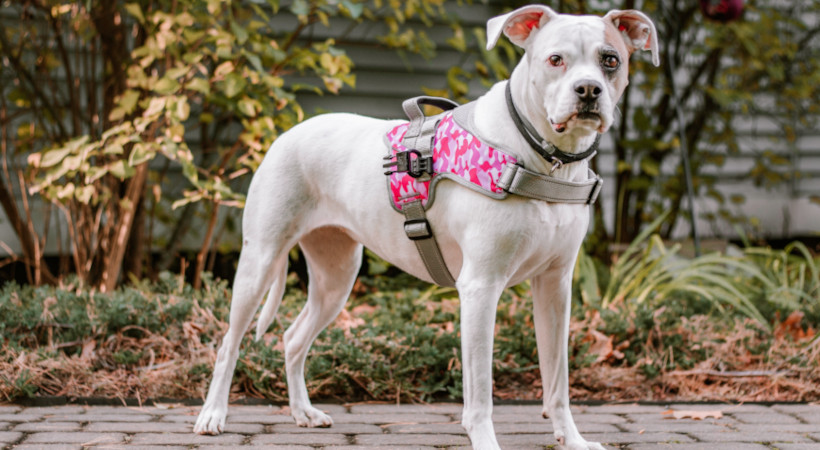IMHA is a debilitating and a fatal disease that affects both dogs and cats. Essentially, in this disease, your pet’s immune system-which normally battles invaders and infections- is actually battling your pet’s own red blood cells. This causes the red blood cells to be damaged, causing anemia and inflammation (damage) throughout your pet’s entire body.
What Triggers IMHA in Cats and Dogs?
In dogs and cats, IMHA may be caused by various causes. Some of these triggers include infectious agents, tumors and even medications. It is also highly necessary to remind your vet of any prescription your pet has recently received. Diagnoses would then be made to ensure that there is no underlying disease present. If the cause is not identified, the disorder is referred to as idiopathic IMHA; this means that without a specific underlying cause, the immune system of your pet has begun to destroy its own red blood cells.
IMHA Symptoms in Cats and Dogs
Since IMHA patients have a poor red blood cell count, pet parents will notice:
- Weakness
- Depression or lethargy
- Reduced appetite
- Dark orange or brown urine
- Pale and yellow skin/gums
- Jaundice
- Fever
Whenever a pet has these signs, it is necessary to have them treated immediately. In specific, IMHA can progress very easily. Although none of these are unique to IMHA, they may all be signs of a severe problem.
IMHA is a treatable condition. However, intensive veterinary analyzer attention is needed to support pets with IMHA. And most likely they will need hospitalization for further treatment. The immune response to red cells must be regulated by immunosuppressive drugs. Blood clot forming with thromboprophylactic drugs should be avoided.
Anemia is typically treated through blood transfusion. Additional treatment options include Oxygen and fluid treatment for preventive treatments during acute exposure. Other health symptoms, such as vomiting, diarrhea, or respiratory failure are common in anemic pets. And they symptoms can be treated as required. Because of how complex and unpredictable the condition is, the care of each pet is based on the presentation of the individual disease.
Any underlying condition will also need medication to better control IMHA and reduce the risk of potential relapse. Medications or vaccines given before the illness should be discouraged, as should potential immune stimulation.
What Is The Outlook Of IMHA?
The prognosis for a pet with Immune Mediated Hemolytic Anemia is uncertain. With a mortality rate of between 30% and 70% between 1-2 months of diagnosis. If pets have IPT at the same time or if the bone marrow is impaired, the outlook can be worse. It is possible that the disease could return in the future, and some pets could require life-long treatment.


Related Articles
Did we answer all your questions on "Anemia"?









